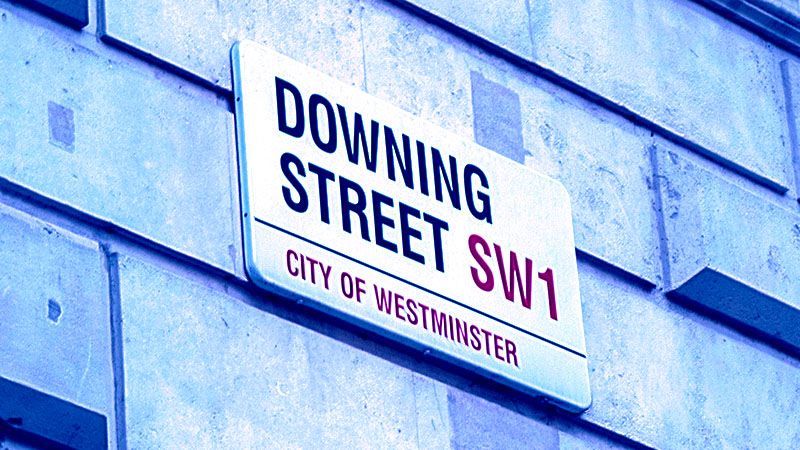What we do
Delivering impact across four key areas
Helping your business have a better impact on the world
Our four consulting practices
Strategy >
Business, environmental and financial strategy delivered with impact.
- Go-to-Market Strategy
- Sales Transformation
- Sales Agent Programme
- Marketing as a Service
Technology >
Fundamentally improving and changing the way you harness technology.
- Chief Information Officer on Demand
- Chief Transformation Officer on Demand
- Chief Data Officer on Demand
- Chief Digital Officer on Demand
- Chief Technology Officer on Demand
- Chief AI Officer on Demand
- Contract Management as a Service
- Advanced Analytics
- Invoice Editing
- Performance Management
- Digital Procurement Strategy
- Digital Procurement Services
- Board-Level Security Advisory
- Managed Security Services (MSS)
- Secure Digital Innovation & Architecture
- Secure Data Centre & Cloud Strategy
- Information Resilience & Protection
- Security Audit & Maturity Assessment
- Secure Strategy Consulting & GTM Planning
- Organisation, People & Security Awareness
- Secure Project & Programme Management
Process >
Optimising cost and performance across your entire business processes.
- Procurement Strategy
- Cost Reduction
- Current Estate & Spend Review
- Contract Management as a Service
- Process Reviews
- Outsource Pricing Team Support
- Invoice & Inventory Auditing
- Process Optimisation
- Process Transformation
- Process Analysis
- Process Design & Improvement
- Business Process Improvement (BPI)
- Robotic Process Automation (RPA)
- Intelligent Process Automation (IPA)
People >
Expert resources to adapt, scale and transform your leadership & teams.
- Business Transformation
- Human Capital Management (HCM)
- Executive Search & Recruitment Services
- Workforce Resilience
- HR Systems
Case Studies
Our team has had the privilege of partnering with a diverse array of clients, from burgeoning startups to FTSE 100
companies. Each case study reflects our commitment to delivering tailored solutions that drive real business results.
CASE STUDIES
A little bit about Cambridge MC
Cambridge Management Consulting is a specialist consultancy drawing on an extensive global network of over 200 senior executives in 22 countries.
Our purpose is to help our clients make a better impact on the world.
ABOUT CAMBRIDGE MC
Our services are utilised across 5 vertical markets
Telecoms, Media & Technology
Retail, Property, Manufacturing
Energy, Utilities & Carbon
Accelerate your decarbonisation with data-driven strategies that also drive business growth.
Public Sector & Education
Helping the public sector digitalise and create innovative strategies to increase revenue.
Financial Services
Our team support banks and financial institutions all over the world with complex growth initiatives.
Industry insights










